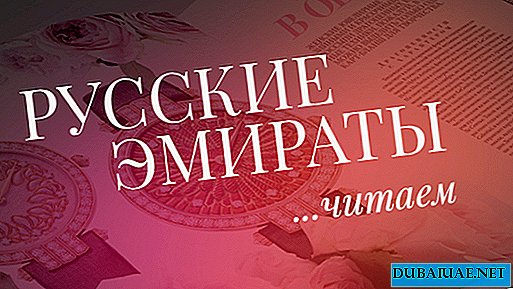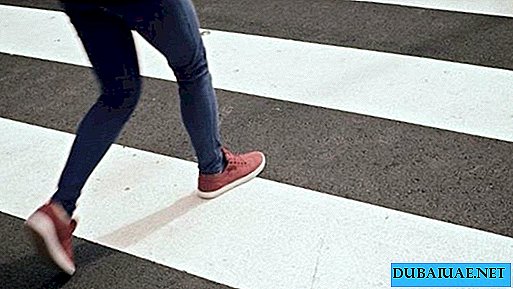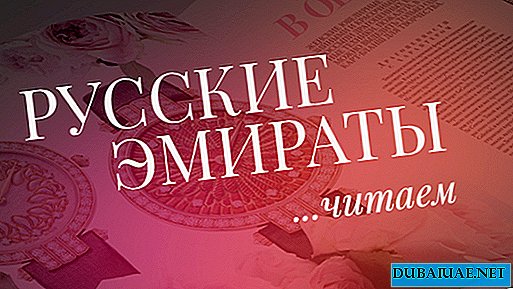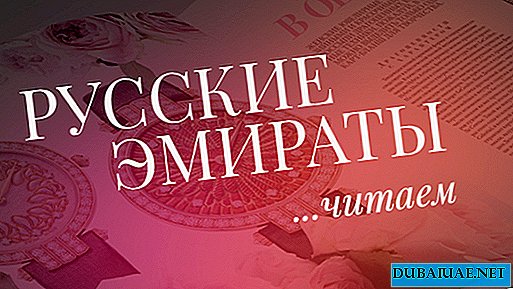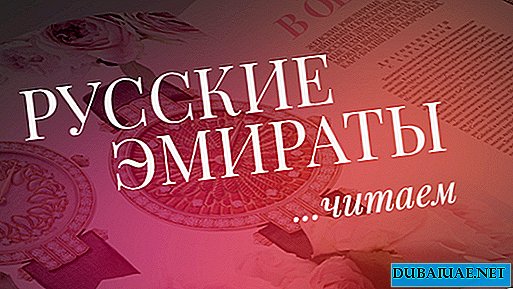"I fought since 1942, on June 18 I turned 18, and on the 20th I was already in the military enlistment office. They trained me a bit and sent me to the front." Doctor of Economics, Professor of the Russian Academy of Economics Plekhanov, a veteran of World War II, the artilleryman Grigory Yakovlevich Kiperman talks about what happened 65 years ago ....
“From 1942 until September 3, 1946, I fought in the artillery troops. Our 36th brigade was led by a Ukrainian - a hero of the Soviet Union, Colonel Gudzyuk, who later became a general. For military distinctions, our brigade, the first on the whole front, received the guards rank, and we became the 1st Guards Artillery Brigade.
It consisted of 4 divisions: one division - 122 mm guns, the second - 76 mm, the third - the largest 223 mm and our pride - 12 famous Katyushas, they were called the missile launcher division. Missile launchers were a lot of trouble, because according to the order of Stalin, not a single Katyusha, under any circumstances, was supposed to get to the Germans. The gunners, as soon as hostilities were over, were transferred to the Katyusha guard, and in case the Germans broke through, there was an order to blow up. "Katyusha" were equipped with explosive devices and were subject to destruction. Thank God it didn’t come to that.
Near Leningrad
The fighting on the Leningrad front was very difficult. From the right flank, the Finns threatened all the time, and, holding back the breakthrough, we were forced to keep large units on the border, instead of defending Leningrad. But the blockade of Leningrad could have been broken much earlier if it were not for the Finns who held an army of 500 thousand people on the Mannerheim line. I believe that we did too gently with the Finns - they took only part of the Karelian Isthmus, but we had to take revenge and go to Helsinki, they would not resist us. But the command did not allow. If the commanders of the lower ranks could decide, then we would not be kept!
It has already gone military excitement, which appeared with the experience of war. At first, there were no skills, it was necessary to start the war after early learning, almost unprepared. To teach a person to fight, being in the rear, is impossible. Although they taught us well and the commanders were good, we all became convinced that the main science was war itself. On the first day at the front, we unsuccessfully placed ourselves, our positions were looked through, and literally 30 minutes later they were fired from mortars.
I fought on the Leningrad Front, 1st, 2nd Baltic and Belarusian Fronts. The Belarusian front was marching on Berlin, but we, the gunners, were taken away in April, and we never reached Berlin. Of course, I wanted to get to Berlin, but no one asked us. Guards brigade - this means where the bosses will command, we will go there.
There were no easy fights. No matter what they say now, the German army was very strong. And the Germans fought bravely, there is nothing to play down, they fought well. Hitler failed "dizziness from success." The French army, which was considered the strongest after the German in Europe, lasted only 40 days under the onslaught of the Nazi forces. It was a mistake to think that since the French army lasted only 40 days, the Soviet would last no more than 3 months. Hitler counted us 90 days and miscalculated. Because already in the 41st year it was clear, despite our retreats, defeats and losses, there would be no quick victory. Only Brest lasted 90 days!
The task of the artillery troops was to ensure that the infantry attacking ensured free passage and prevent artillery shelling by the enemy. To do this, we had several reconnaissance moves: sound reconnaissance, optical reconnaissance, and the construction of false positions. In a relatively open place, a position similar to guns was created, wooden trunks were deliberately exposed, camouflaged with branches, so that it seemed to be visible, and from there we fired several shots from our 122 mm guns so that the Germans could pinpoint and make sure our positions were there. Such false positions were created to detect the enemy.
But most of all, German tanks scared us. The Germans had a very powerful Tiger tank, and they didn’t take his shell into his forehead. Ahead was powerful armor that covered the tracks. The vulnerability of this tank was part of the tracks, the armor went down and covered the tracks only halfway, but getting into an unprotected point was still very difficult. "Tiger" could only hit in the side. Our positions were strengthened in a semicircle so that when the tanks went, they could be reached from at least one side. We carried out our task clearly, and when the infantry rose, practically there was not a single artillery shot from that side, there was no one to shoot there, we suppressed all the Germans' positions with our artillery. First, the shells fired low-powered artillery guns, and the final rounds fired "Katyusha". They covered the vast territory with one shot, and there was only black earth, nothing alive. Because, in addition to the charge, this rocket launcher had an incendiary mixture, which burst, sprayed and burned everything around. The smallest Katyusha are 64 small anti-personnel mines, and the largest, which were fired against enemy artillery, were 8 shells. The German army was most afraid of Katyushas.
After Stalingrad
After the battle of Stalingrad, fighting became not easier, but harder. The Germans began to "snarl" strongly, endlessly switched to counterattacks. In general, this tactic was correct on their part. But fighting has become much more difficult. At first, we knew that if the Nazis retreated, then they would retreat 40 km, and we roughly wondered where they would take the next line, convenient for them. But after Stalingrad, this policy changed, because they, not reaching the next milestone, went over to the counterattack. And with the weapons in the German army it was better, all of Europe worked for them.
When we captured German positions and artillery batteries, we found that some of their guns and shells were fired in Czechoslovakia. In 1942, we lacked ammunition, the number of shells was strictly limited. Only in 1943, the mass production of artillery shells was organized in the Urals, and all restrictions were lifted.
About people and "Katyushas"
There were all sorts of cases in the war. We were prepared in the rear, in Bronnitsy. In the military town taught artillerymen, foot soldiers and doctors. And then one doctor, who was trained there, could not stand the first baptism of fire. When my colleague Andreev's leg was torn off, we called our doctor. He walked over, saw that the bones were sticking out, the blood was whipping, and he lost consciousness. We had to cope on our own, pulled Andreev’s leg with a tourniquet and took the guy to a military hospital. Thank God, he survived, he received a blood transfusion. It's a shame to say, but we soldiers beat this doctor, almost to death, when he came to his senses. Immediately after this, another doctor was sent from the hospital, literally on the second day. This doctor went through the whole war with us.
During the battles, we had to change positions many times, due to the fact that we had Katyushas. We were not allowed to linger in one place, even during the defense. The first thing for the Katyushas was preparing special ditches: flat pits so that the rocket launcher slid down, and only vents protruded upward. The Katyusha division served approximately 40 people, and in order to protect them, 200 people were needed. And so, we saved them, during the whole war we did not lose a single Katyusha!
People were lost, of course. It is especially a pity, we had a very brave guy - Chetverikov. When the infantry went on the attack, he went with her. He was not obliged, no one forced him, on the contrary, it was even forbidden, and he took permission from the commander. Sometimes infantry breaks through the German trenches, and, without stopping, moves on, and he jumps into the trenches and captures the remaining Germans. He was happy as a child, brought 15 people each, and once brought as many as 19 Germans! We immediately sent the prisoners to the rear, and how the command dealt with them further - it was not our business. For 1943 and the beginning of 1944, he scored hundreds of these Germans! But it ended badly - Chetverikov died.
We buried him right there, and put up a cross. The commander promised that we would definitely return, it was in the Riga direction. We then liberated the city of Riga, and freed, and our team received the title of "Riga", by the name of the city. But then we were stuck for a whole month in the Baltic states. Other troops were already marching on Berlin, and we were still sitting there because the Germans left behind us a 300,000th army. They all hoped that they could turn the tide of the war. On the map of the Baltic states it is visible - the cape stands out. This is Courland. There the Germans built a powerful defense line, it was all mined, we could not pass. But the bulk of the troops did not have the right to delay; they had to move forward along with Marshal Rokossovsky. And it so happened that this 300,000th army came to us from the left side, as if from the rear.
We messed around with this “Courland Army” for a month, until we were planted with reinforcements. In one narrow section, the minefield was overcome. At first, the artillery "cut down" this section, and in these 300-400 meters we launched our tanks. And already behind the tanks - infantry. After the breakthrough, the Kurland group of Germans lasted just one week. About 200 thousand people were captured by us.
From west to east
Then we were sent east, across all of Russia, and dropped off in the Khalkhin-Gol river area. The Japanese army stood there, but it was not worth a damn thing against us. This is now Japan strong, and then everything was much worse for them - weak artillery I, and the tanks were no good. The front line lasted there a week, and the Japanese army fled. We reached the sea, wanted to go further and capture the island of Hokkaido. The soldiers demanded to send them on the ships that arrived, but the command did not allow, I do not know for what reasons, I think that the Americans intervened. Therefore, we occupied the Kuril Islands, but we were not able to move to Hokkaido.
I, and the tanks were no good. The front line lasted there a week, and the Japanese army fled. We reached the sea, wanted to go further and capture the island of Hokkaido. The soldiers demanded to send them on the ships that arrived, but the command did not allow, I do not know for what reasons, I think that the Americans intervened. Therefore, we occupied the Kuril Islands, but we were not able to move to Hokkaido.
Then they threw us to Port Arthur, and there I was demobilized. He did not receive any titles, as he was a senior sergeant, so he remained. I was the commander of the artillery intelligence department and the assistant to the platoon commander, who was senior lieutenant Andrei Voronin. Of my soldiers, not one has died. But now almost no one is left, only Misha Barankevich is alive. Today, Mikhail Ignatievich lives in Belarus, in Gomel. Before leaving for the Emirates, I called him and talked. And then suddenly he will call on Victory Day, but I’m not. He, like me, commanded the squad, was also a senior sergeant.
I have a lot of medals, I never paid any attention to them. There is an order of World War II. But the most expensive award is the one I received for the first fight, the medal “For Courage”. It is dearer to me than the order, because I deserve it in difficult conditions.
That was such a war. Heavy, bloody. There are no easy wars. When the war ended, I returned home to Odessa. True, there was no home left, everything was broken, my parents died. I went to Moscow to study, I met my future wife at the institute. Next year 2011, there will be 60 years since we got married. He graduated from the institute, then he defended his thesis, then a doctorate. Now I am a doctor of economic sciences, professor at the Plekhanovsky Academy of Economics. We have a "female kingdom" in my family - I have two daughters and three granddaughters. "
We gratefully listened to the story of a former military artilleryman in a beautiful hotel in the emirate of Umm al-Quwain, on the shores of the warm Persian Gulf. Here Grigory Yakovlevich and his wife have been resting for several years. Vigor and morale are supported by marine procedures. Live long, our dear veteran!



